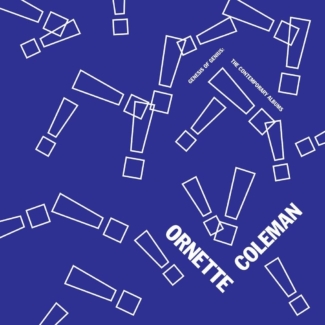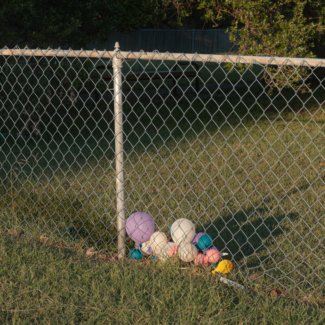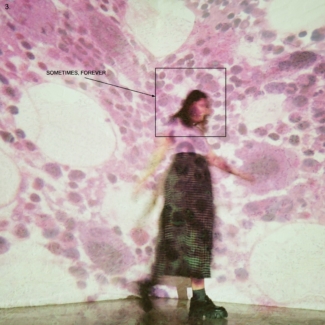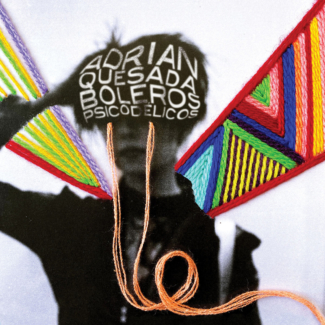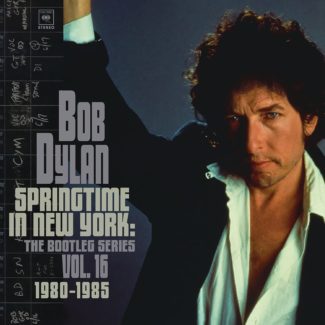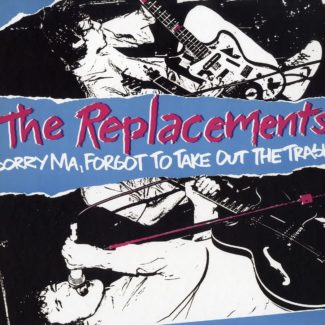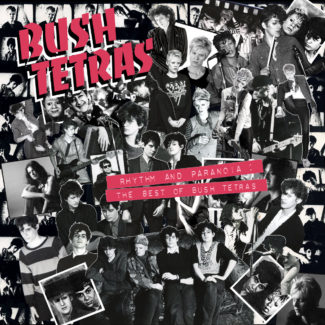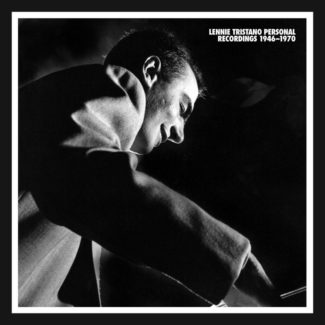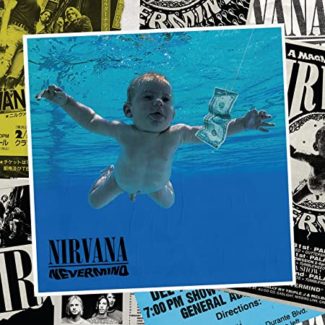Perched like bookends propping up a literary masterpiece, two new Ornette Coleman vinyl box sets explore the before and after of his triumphant 1959-1962 run on Atlantic Records. Genesis of Genius collects Ornette’s first two albums, 1958’s Something Else!!!! and 1959’s Tomorrow is the Question, for the West Coast upstart Contemporary Records. Blacklisted screenwriter and film producer Lester Koening was also a jazz fan. When the House Unamerican Activities Committee turned his hobby into his profession, he started Contemporary to record more ‘modern’ jazz. At the time, this meant the ‘cool’ West Coast jazz of Shelley Manne, Art Pepper, and the like. Coleman’s loose-limbed music was not that, not by a long shot, but Koening had big ears and an avant-garde streak. When Ornette and Don Cherry showed up in his office to audition with their plastic saxophone and pocket trumpet, Koening was instantly taken in. Like Ornette’s early years on the Texas R&B circuit, where he was once savagely beaten for taking too many musical liberties, Coleman initially found fifties Los Angeles rough sledding. His fellow musicians were the worst. They mistook Coleman’s pitch-bending for playing out of tune, his liberation from keys and chord changes as a lack of understanding the musical rules. Coleman was, instead, making his own rules, and by the time Koening came into the picture, he had a lot of compositions, a band, and some actual gigs under his belt. Yet because this was how records were made at the time, Coleman and Cherry were saddled with more established rhythm sections, including on Something, Walter Norris on piano, a fixed-note instrument Coleman would not include in his repertoire for many years to come. (As a plus, Something did include a young Billy Higgins on drums). Koening was a stickler for fidelity and an early adapter of stereo imaging. These new pressings are sonorous and crisp. Yet while Coleman and Cherry are bursting with excitement, there’s a caged tiger effect. The more conventional players keep pulling them back down to earth. Hearing songs like “Turnaround”, “When Will The Blues Leave?”, material that would remain staples for Coleman for decades to come, it’s impossible not to yearn for the fluid magic bassist Charlie Haden and Higgins (along with Ed Blackwell and others) would bring to Coleman’s music once he reached Atlantic Records. He wasn’t quite there. Not yet. (Atlantic collected his output on a 2018 vinyl box. If you don’t have this indispensable material, by all means, start here).
Round Trip finds a vastly different Coleman: seasoned, a veteran of performing and recording, and a bit at wit’s end. For all the freedom afforded Coleman, Atlantic had also made a lot of demands, and in 1962, when his contract lapsed, Coleman laid out for a few years, woodshedding, teaching himself the violin and trumpet, plotting his next move. It turned out to be a deal with Alfred Lion’s Blue Note, and all five Coleman releases for the label (plus an album with Jackie McLean) are included here. Due to the circumstances – lack of a touring band, new players and instruments being introduced – the results are experimental and continually surprising. His first Blue Note releases came in the form of the two-volume live album, At the ‘Golden Circle’ Stockholm, a bare-bones 1965 trio date featuring bassist David Izenzon and drummer Charles Moffett. Perhaps because of the long layoff, Coleman sounds feral here, primal and assured. The recording is up close and intense, and the first set is one long jolt. The second brings in darker hues by way of Coleman’s primitive violin and trumpet, which carry over on The Empty Foxhole. Foxhole sees the return of Charlie Haden and features Coleman’s 10-year-old son Denardo (a move that couldn’t have thrilled the label) on drums. By this point, Coleman’s trumpet playing has taken on tone and character, while his alto stays nimble and bracing. Haden tries to lay down the groove, but Denardo, who holds his own at times, just doesn’t have the chops to be in the rhythmic driver’s seat. Coleman’s next two albums, New York Is Now and Love Call, both come from one long 1968 session featuring John Coltrane’s rhythm section, Jimmy Garrison and Elvin Jones. The thrills here come from Coleman’s new sparring partner, fellow Fort Worth native Dewey Redman on tenor saxophone. Each press against the other and they dig in deep. It’s a competition that would resurface again and again in Coleman’s subsequent works. The outlier here is Jackie McLean’s New and Old Gospel, which, since two of the three extended compositions are Coleman’s, is a McLean date in name only. McLean’s bluesy alto playfully circles Coleman (who sticks to trumpet throughout). The players artfully roam adventurous soundscapes. Blue Note caught Coleman at the time he was pressing for something new. There are lots of delights here, even if the overall effect is somewhat tentative. And, of course, the audio is stunning. This is Blue Note’s first Tone Poet box set, the peerless vinyl reissue program the label launched when president Don Was poached Music Matters’ Joe Harley. [Full disclosure: the label only provided hi-res digital files, but if previous Tone Poet releases are any indication, in terms of build and fidelity, the pressings are likely first-rate (with a price tag to match).]
With each new innovation, Coleman would continue to amaze audiences for decades to come. His last studio recordings came in the late nineties and his last live album in 2006. Coleman blazed a path no one had previously taken, and none of it would have happened without the daring blueprint he laid down in his first two decades of work.
Review by Jeff McCord
